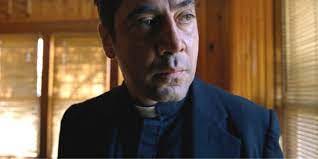What is the Origin of Philosophy?
Aristotle says philosophy begins in wonder (or awe). Abraham Joshua Heschel preserves the same sentiment when describing the innate human disposition to spiritual seeking.
But what is the origin of wonder? Is it just the self-evidence of the sublime? Why do we move from a sense of awe to a drive towards enquiry? Isn’t explanation a killjoy? Or at the lea…
Keep reading with a 7-day free trial
Subscribe to What Is Called Thinking? to keep reading this post and get 7 days of free access to the full post archives.



